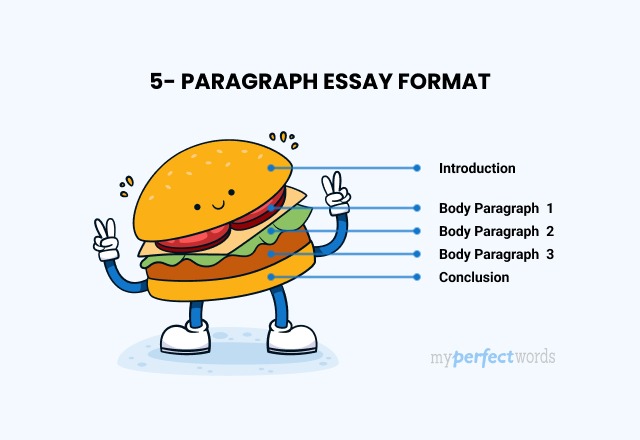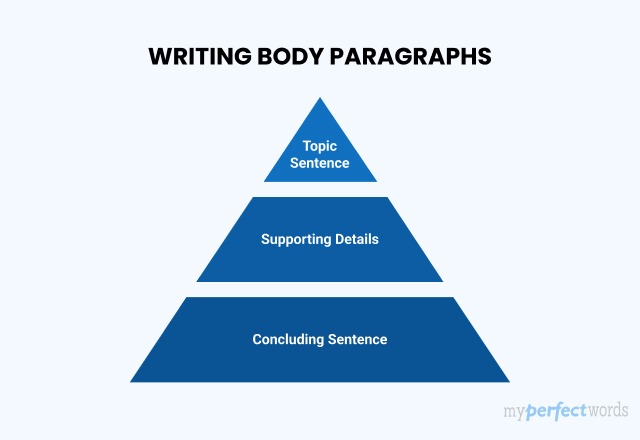What are Writing Conventions?
Writing conventions are language rules that help readers to understand the text easily. These conventions are basically the elements that can help you make your writing clear and understandable.
Conventions in writing serve as the basis for readers to understand the message. In middle school, teachers might not be very strict when it comes to writing conventions but later on, this is not the case.
Although the specific conventions may vary depending on language and context, the writing conventions definition remains the same for all languages.
Importance of Writing Conventions
If you're a high school or college student, it's very important to know how to use these rules.
Writing conventions are essential tools because they ensure your writing communicates effectively. They provide clarity, professionalism, and understanding to your text, making it easier for readers to understand your viewpoint.
Using proper grammar, punctuation, and structure is not just a standard practice for academic and professional writing. It also ensures your writing clearly gets your point across in a logical flow, helping readers better connect with the text.
Essential Writing Conventions 2025
The basic writing conventions include grammar, spelling, and punctuation. Each serves a different purpose and should be mastered for essay writing or any kind of research paper to be of the best quality.
In this section, we will look at English writing conventions with examples and how they should be used.
Spelling
Spelling mistakes are a common stumbling block in writing. These errors can make your writing appear less polished and less credible. Here are some of the most common spelling mistakes to watch out for:
- Their/There/They're: Mixing up these homophones can lead to confusion. "Their" shows possession (e.g., It's their book), "there" indicates a location (e.g., It's over there), and "they're" is a contraction of "they are" (e.g., They're coming).
- Your/You're: These are often confused. "Your" is possessive (e.g., Your car), while "you're" is a contraction of "you are" (e.g., You're talented).
- Its/It's: Similar to the previous pair, "its" is possessive (e.g., The cat licked its paw), while "it's" is a contraction of "it is" or "it has" (e.g., It's raining).

Punctuation
Your writing gains clarity and becomes more understandable with the use of proper punctuation. Have a look at the following sentence as an example.
"I love cooking my family and my pets."
Not that easy to follow, right? It seems like the person enjoys preparing their family and pets for a meal. Whereas, looking at this punctuated sentence, it makes much more sense:
"I love cooking, my family, and my pets."
Punctuation allows us to read something the way it is meant. Punctuation helps us to know when to stop when to read when to pause, and when to start a new sentence.

Capitalization
Capitalization means that a new sentence starts when something has a proper name or a title.
The rules for capitalization are straightforward and easy to understand. Following are the contexts where you should capitalize:
- The first word of a sentence.
- Proper nouns, which include names of people, places, countries, cities, and specific things.
- Titles of books, movies, songs, and artistic works.
- Days of the week and months.
- Names of holidays.
- Historical events.
- Geographical regions.
- Institutions and organizations.
- Religions and their followers.
- Brands and trademarks.
- Names of languages.
- Initials and acronyms.
- The pronoun "I."
- Court titles and family titles are used as names.

Grammar
Grammar means how to change the word structure to come up with a coherent and understandable sentence. Keep in mind that speaking and writing are two different things when it comes to grammar.
You should be consistent in time usage and well versed in the present perfect and past simple. Otherwise, your reader might be unsure about the time frame or sequence of events described.
Here are some key grammar conventions to keep in mind:
- Subject-verb agreement
- Tense consistency
- Proper use of articles (a, an, the)
- Avoiding sentence fragments
- Correct use of pronouns
- Punctuation and sentence structure
- Avoiding run-on sentences
- Comma usage
- Correct use of verb forms
- Agreement of adjectives and nouns
- Active voice vs. Passive voice

Paragraphing or Formatting
Paragraphing and formatting are important aspects of writing that enhance readability and organization. Good use of paragraphs and formatting elements helps break up text into manageable chunks and guides the reader through the content.
Here are some key considerations for paragraphing and formatting:
- Start New Topics with New Paragraphs: Transition to a new idea or topic by beginning a new paragraph.
- Keep Paragraphs Concise: Aim for 3-5 sentences per paragraph. Shorter paragraphs are easier to digest and maintain reader interest.
- Use Visual Separation: Indentation or line breaks between body paragraphs visually separate them, making your text more reader-friendly.
- Stay Consistent: Maintain uniformity in paragraph length and formatting throughout your writing. Consistency aids comprehension.
- Use Lists for Clarity: Present information efficiently with bullet points or numbered lists, especially for listing items or steps.
- Employ Subheadings: Break up longer sections of text with subheadings to guide readers and highlight key points.

Writing Conventions For Specific Genres
Different genres have their own set of rules and principles to follow, but there are some common features that all texts share, such as spelling, punctuation, and grammar.
Below are some genre-specific writing conventions for your help.
Narrative Writing Conventions
A narrative essay is a type of text that tells a story. This might be in the form of a book, movie, or TV show. A story typically has characters, speech, and a clear structure.
Sometimes people plan their writing using a story mountain structure, which means that their narrative will have a clear introduction, build-up, climax, resolution, and ending. If you are reading a text and see these features, you can be sure that it is a narrative.
Persuasive Writing Conventions
Persuasive essays aim to change the reader's mind to agree with the author's point of view. The way to do this is by having a clear point of view in the introduction and conclusion. The text will also include facts and figures, emotive language, and rhetorical questions.
Letter Writing Conventions
When you are reading a letter, you can look for clues to help you understand what type of text it is. Letters will have an address in the top right-hand corner, as well as a date and a greeting. Letters are usually written in paragraphs, and they will usually finish with a sign-off such as “Yours Sincerely”.
Script Writing Conventions
Script writing is the process of writing down what happens in a movie, including the movement, actions, expression, and dialogue of the characters.
There are different ways to write a story. When you write for the screen, you need to use a certain formatting style. This is so that your story can be told visually.
Teaching Writing Convention
Teaching writing conventions is about guiding learners through the rules and norms of writing in a clear and inspiring way. It involves explaining basics like spelling and grammar while showing why these conventions matter.
For example, you might teach them how to use commas correctly by showing how they change the meaning of a sentence: "Let's eat, Grandma!" versus "Let's eat Grandma!"
It's all about helping students see the power of precision in their writing.
Here's a sample PDF illustrating writing conventions.
Writing Conventions Checklist
To become a skillful writer, the best approach is to plan ahead and start early. For elementary students, it is important to be aware of some basic writing style tips, but for higher education, it is essential to have a good grasp of these writing conventions.
Here's a final writing convention rubric to ensure your writing maintains quality and room for improvement:
Writing Convention | Checklist Item |
Spelling |
|
Grammar |
|
Capitalization |
|
Punctuation |
|
Sentence Structure |
|
Clarity and Consistency |
|
Formatting and Layout |
|
Citations and References |
|
Overall Quality |
|
Writing Conventions Recommendations
Different types of writing have different rules. For example, how you write in a text message differs from how you write an essay. And how you write an essay is different from how you write poetry.
The following are some basic English language convention tips that you can use for your help.
- Do not use fragments in your writing.
- When mentioning a person's name for the first time, always spell it out in the full form.
- Consider punctuation marks when writing.
- Abbreviations should be avoided.
- Cite your sources correctly.
Wrapping it up,
Now you know what the formal writing conventions in writing are. Keep in mind that the conventions checklist should be the final stage in the editing process.
When you are done with the writing and revising process and are ready to hand in your essay, you should check your essay for writing conventions. In this way, you can avoid basic writing problems and ensure that your paper is as perfect as it can be.
However, if you find yourself needing professional help with various types of writing assignments, don’t hesitate to reach out with a request to 'do my essays.' Our expert writers are qualified and experienced in academic writing, so you can count on them to deliver error-free papers every time.


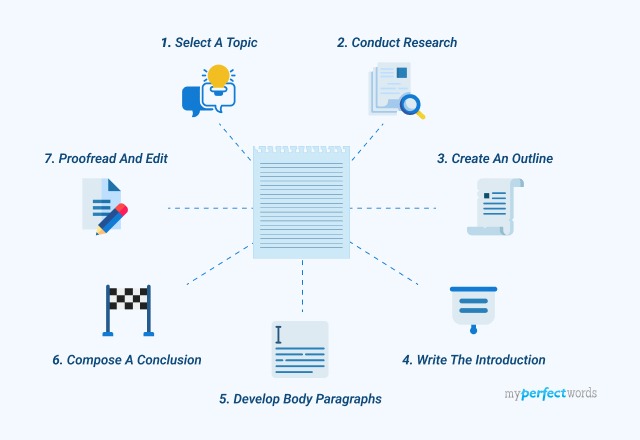

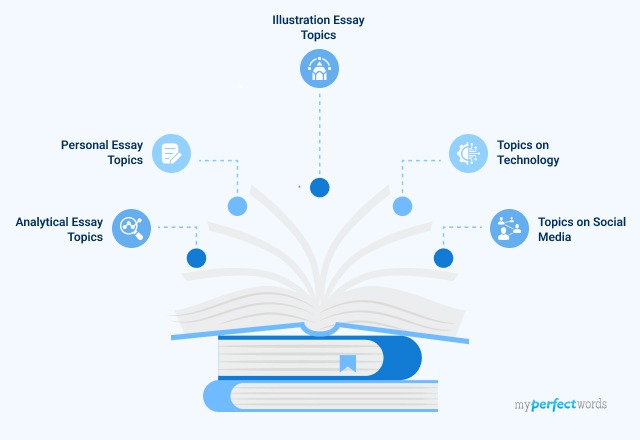


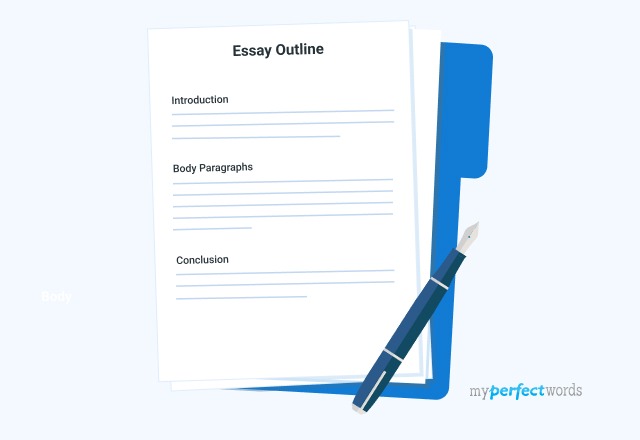

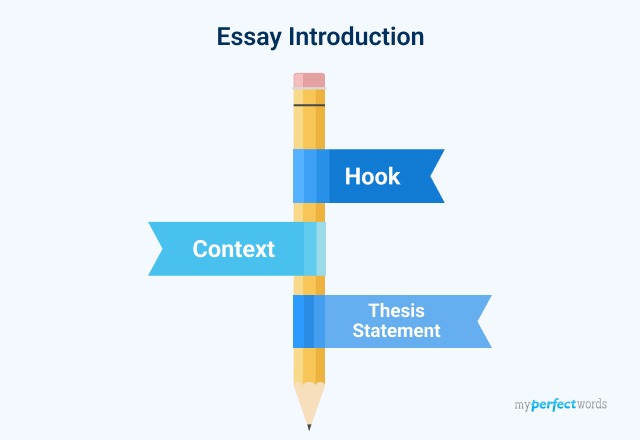


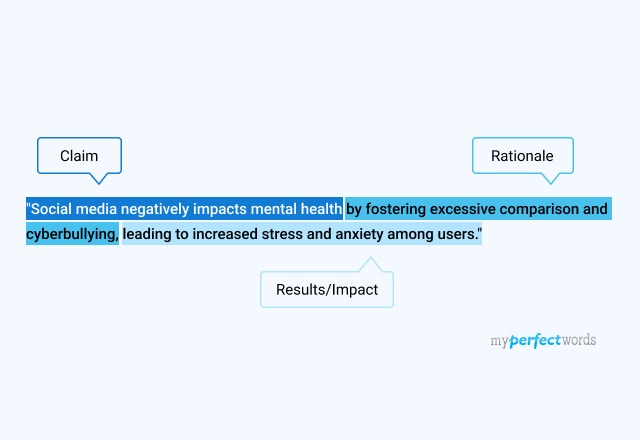





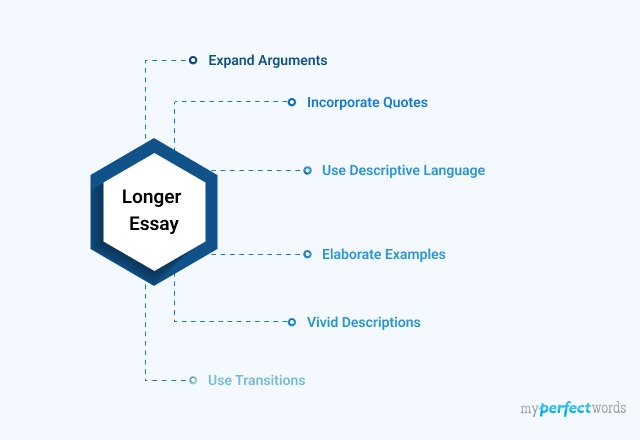

-9261.jpg)
